Update at August 28 – the affronts to human dignity, scholarship, free speech, trade fairness and personal expression now seem to come on a daily basis. China under Mr. Xi is really carving a new international image, and it is neither “peaceful rise” nor “responsible stakeholder in the community of nations.”
You’ve read some of the Hong Kong stories, in the media and below, and the disruptions and violence and threats coming from Chinese students in Australia, New Zealand, Canada and the US when confronted with others speaking their minds. You’ve read about the billionaires, activists, lawyers and missionaries who have been disappeared in the mainland. As described in the Guardian, “China feels emboldened to place literally anyone under arbitrary and secret detention, regardless of citizenship. It is now long overdue for the world to stand up.” Family members of those the CCP wants, for whatever purposes, are at significant risk, both inside China and outside. I had some fears for my wife and son when they were in China a few weeks ago. I am unsure of my own potential for detention when I return to China. In July, the Swedish Supreme Court ruled against extradition to China of a sought-after former official, based on threat of human rights violations if he were to be returned.
These are all on top of the old stories, from the last ten years or more, of American businessmen being kidnapped in China over real or imagined disputes with Chinese businesses.
The government has long pressured western businesses to conform to CCP political thought, at the risk of losing access to the Chinese market. You remember the demands that hotels and airlines stop referring to Taiwan as a country. Then luxury brands like Versace and Coach faced the same demands, and folded immediately. Now, we have the government demanding resignation of a Hong Kong airline CEO – and getting it – over participation by Cathay Pacific employees in the Hong Kong protests. Cathay Pacific is Hong Kong’s best known local business in international markets. You can expect more pressure from the government over actions of foreign businesses, and you can expect more compliance. The government has said it will enforce a “social credit score” on foreign companies in China. Expect the blacklisting to be used when a companies employees or related entities fail to conform – not to government, but to CCP – requirements. This is despicable behavior by the government, and potentially dangerous to companies and their employees.
About a week ago, in Shenzhen, the government seized a Hong Konger who works for the British consulate in Hong Kong, thus confirming the worst fears of Hong Kongers about the extradition treaty that was the original proximate cause for the protests. Simon Cheng was returning to Hong Kong when he apparently was seized on the train late at night.
In the last couple of months, a Hong Kong 2014 umbrella protest leader, Nathan Law, has been singled out by Chinese student groups at Yale, and targeted with death threats. From ChinaFile on the messages sent to Nathan Law – “I will wait for you at school and you have no escape. Gun shooting will start—American style.”
Let there be no mistake – there is no peaceful rise, CCP expects to dominate international relations as well as business and markets, free speech and rights of assembly are under attack throughout the world, and capitalism is no friend to democracy when profits are at stake. We tend to ignore the Americans, Canadians, Australians being held in China under any form of false charges, to be used as warnings or bargaining chips. More stories are here and warnings to Americans from the US State Department are here. The 2017 book The Peoples Republic of the Disappeared documents some of the stories of Chinese and foreigners held for no good reason.
There seems no good outcome in the current Hong Kong protests. About the best the world can expect is an updated version of the rallying cry from the War of Texas Independence – Remember Hong Kong. May it be remembered as a rallying cry for free speech and a free press and free assembly and rule of law in Australia, and New Zealand, and Greece, and all of Africa, and South America, and southeast Asia.
The old post from August 1 –
You remember the bandits in Treasure of the Sierra Madre – the bandit horde, pretending to be Federales, descending on Humphrey Bogart and fellow prospectors. “Badges? We ain’t got no badges. We don’t need no badges. I don’t have to show you no stinking badges.” The famous lines were uttered by Gold Hat, head of the bandits, when Fred C. Dobbs (Bogart) asked for their badges. Hong Kong was the soft power model, the badge of Chinese “peaceful rise.” Mainland students and Confucius Institutes were supposed to be the badge of Chinese soft power in the world. But no more, as we see in Hong Kong, in Australian and New Zealand universities, and indeed, universities throughout the world.
I kept thinking of that scene as I watched Hong Kongers resist the violence of the banditos, this time in the form of white-shirted thugs from Triad gangs, and the local police. And then, watching mainland Chinese students attack Hong Kong sympathizers at Queenland University in Australia and Auckland University in New Zealand.
Watch the videos from Hong Kong –
Hong Kong police use violence on protesters, not on thugs
In Australia and New Zealand …
In Australia, a Chinese diplomat applauded patriotic behavior from mainland students in disrupting a peaceful protest at University of Queensland. As reported, the attack was coordinated, quite possibly by the local CSSA (Chinese Students and Scholars Association). You can hear the beginning of the Chinese national anthem playing in the background of the Queensland attack. Watch the video at twitter.
The New York Times reports– The Chinese nationalists disrupting pro-Hong Kong democracy rallies at the University of Queensland arrived 300 strong, with a speaker to blast China’s national anthem. They deferred to a leader in a pink shirt. And their tactics included violence.
Threats to Australian students via social media have continued, including death threats. Similar violence took place last week at the University of Auckland in New Zealand.
Bill Bishop at Sinocism suggests that expulsion might be beneficial to PRC students who can’t abide exercise of free speech – In the case of PRC students (expulsion) could be quite beneficial, as there are pressures from within the PRC student community, and its CCP minders, to be aggressive in the face of any perceived slights, and if you are not then you run the risk of being seen as insufficiently loyal and patriotic.
Western universities have though that mainland Chinese students will see freedom at work, and have their lives transformed. For some that is true. But now, some mainland Chinese are out to transform their hosts. The Confucius Institutes were supposed to be the vanguard of Chinese soft power in the world. Now, they are suspected – in at least some cases, legitimately – of being a conduit for United Front activities.
In 2016, Xi Jinping issued what now seem to be orders to Chinese students abroad to serve their country, and the Chinese Ministry of Education issued a directive calling for a “contact network” connecting “the motherland, embassies and consulates, overseas student groups, and the broad number of students abroad” and ensuring that they will “always follow the Party.”
In Canada and the US …
You remember the death threats earlier this year to the Tibetan-Canadian student elected as student union president at the University of Toronto University of Toronto. She now has a safety plan with the university police, letting them know where she is, hour by hour. You remember the uproar at McMaster University in Canada when a Uighur activist was scheduled to speak. Mainland Chinese students sought advice from the Chinese consulate about how to proceed in their protests. You remember the large protests in 2017 at the University of California at San Diego. Mainland students reportedly sought advice from the Chinese Consulate in Los Angeles before condemning the university for naming as commencement speaker the Dalai Lama. There are many such stories, including demands from the Chinese government that Uighur students return to China immediately, using their parents as potential hostages.
Hong Kong as the new model of Chinese power …
The “peaceful rise” touted by Deng Xiaoping, and the soft power projection from the Confucius Institutes worldwide is no more. In Tibet, in Xinjiang, on the mainland in prisons where human rights lawyers and activists rot, in Canada, now in Hong Kong, and Australia, and New Zealand, the gloves have come off on soft power. In Hong Kong, the protests have not yet turned deadly. But Christy Leung, Hong Kong student at Queensland, made the point –
“People in Hong Kong are risking their lives. The threats we faced last week are nothing compared to them. We have to stand up. With them.”
For Hong Kongers, it is more than a movie. They are risking their lives. They all know about June 4, even if mainland students do not.
For western students, and teachers, and universities generally, lives are not likely at risk. But the very concept of the university – let us say, seeking truth from facts, and speaking truth to power- is at risk. The soft power glove is revealing the clenched fist beneath.

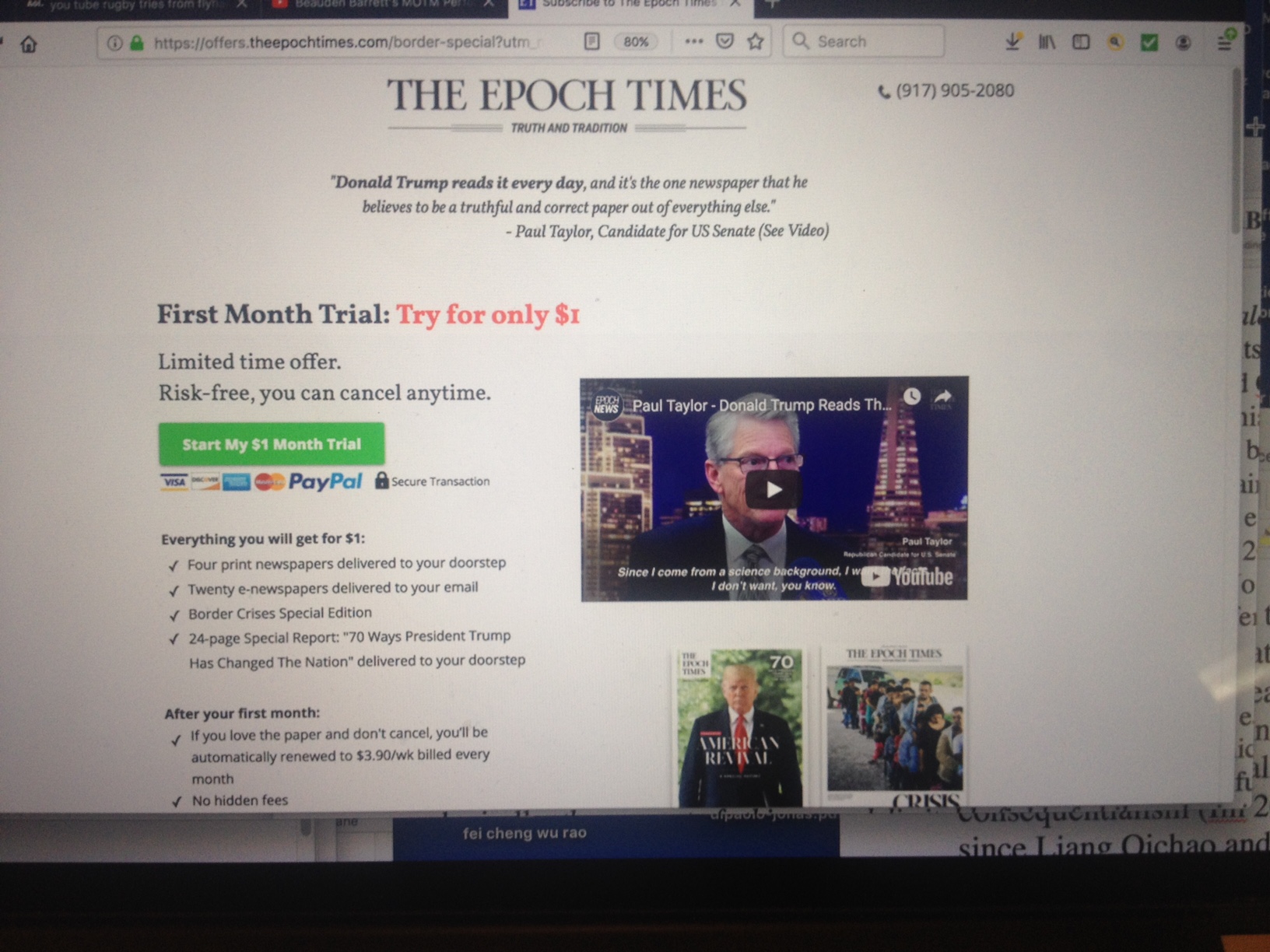 Donald Trump reads it every day. ‘Nuff said. Chinese can get their “honest news” from Beijing or Falun Gong. Truly, only no news here is good news.
Donald Trump reads it every day. ‘Nuff said. Chinese can get their “honest news” from Beijing or Falun Gong. Truly, only no news here is good news.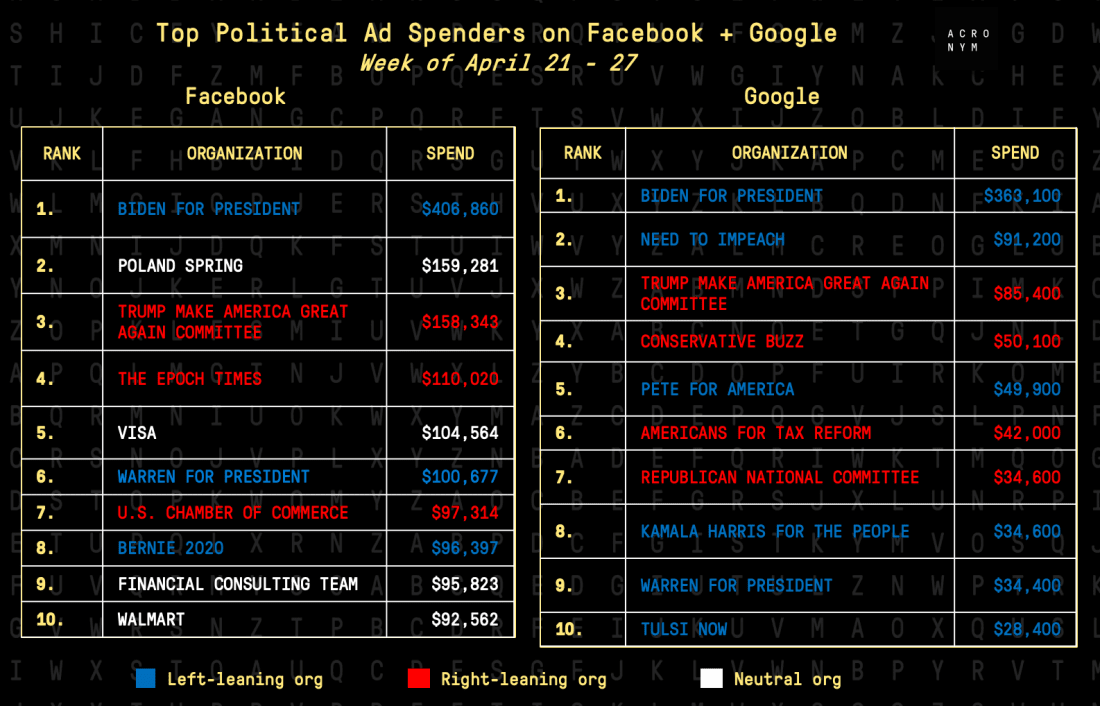

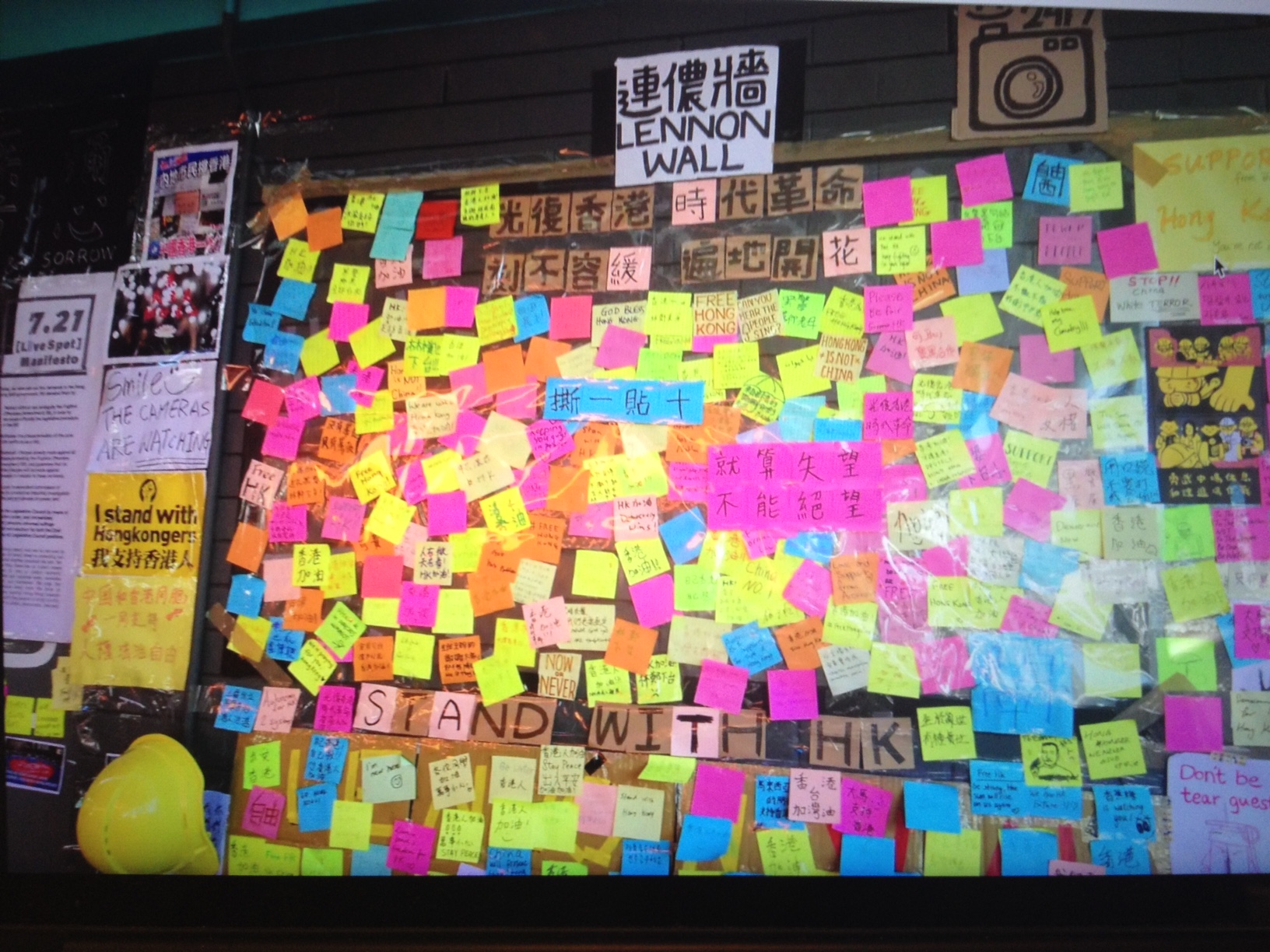
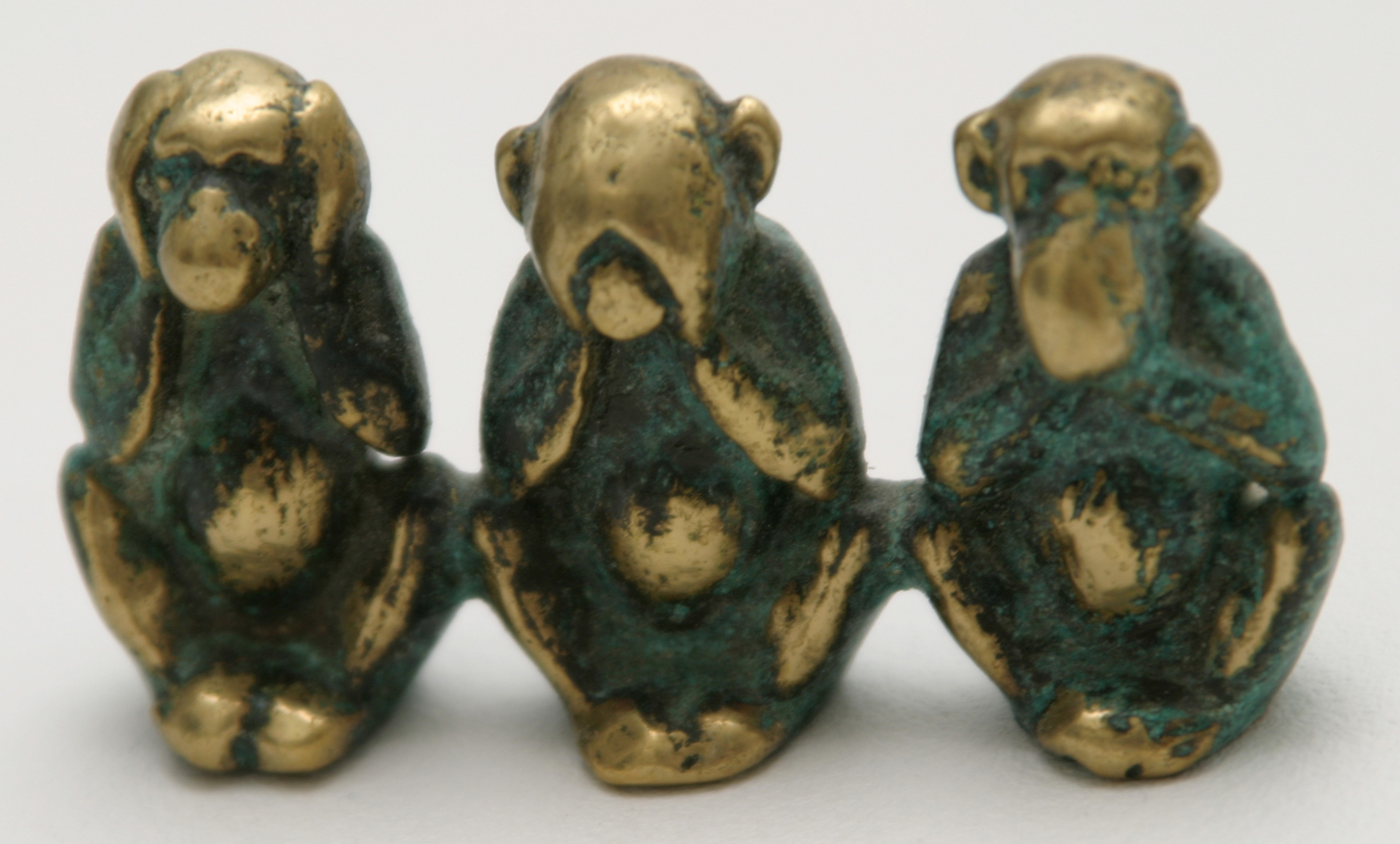


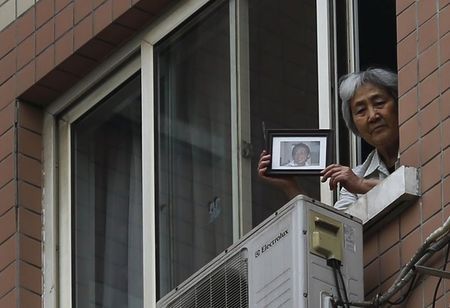

Lest We Forget June 4
In the social, economic, and cultural miasma that is the state of the world, we might let tomorrow slip by without notice.
A couple of old comments –
What Chinese cannot not talk about …
How to End June 4, et al.